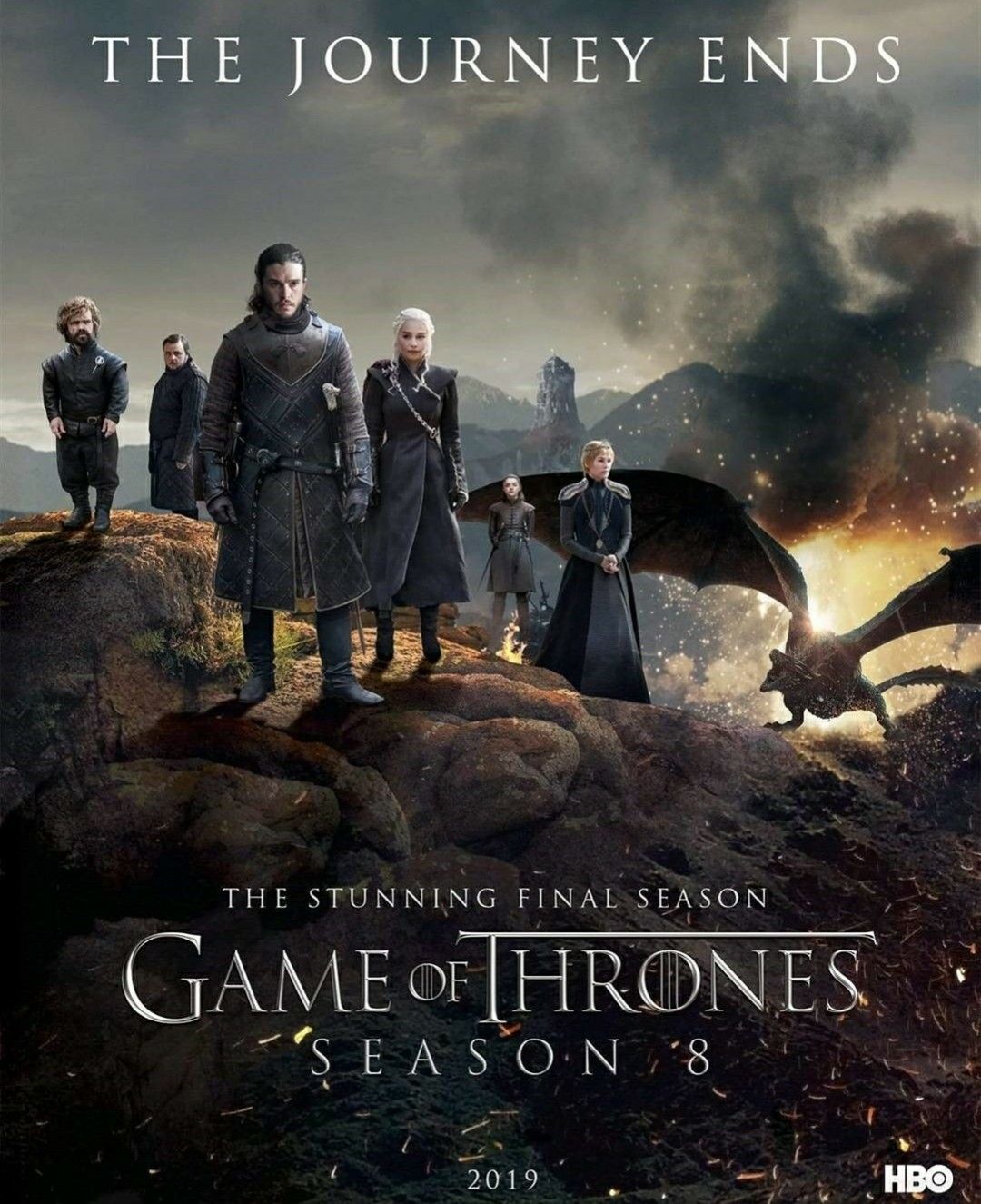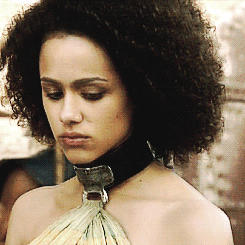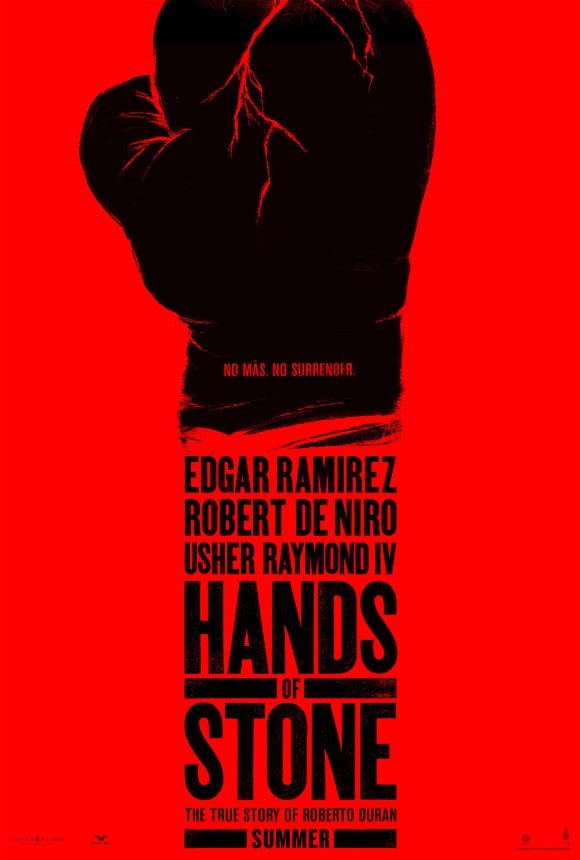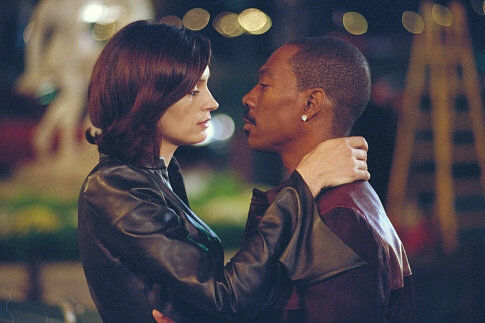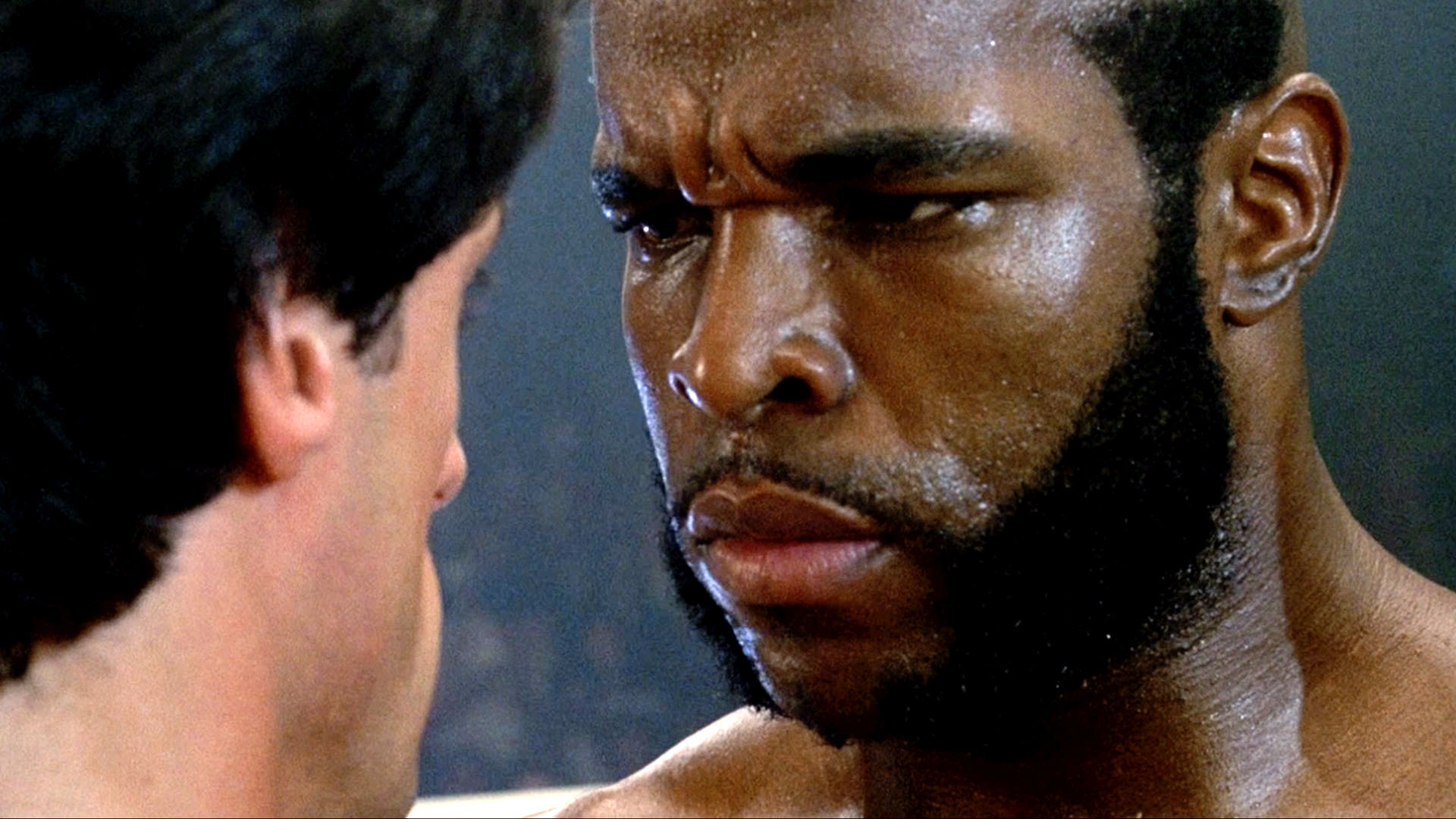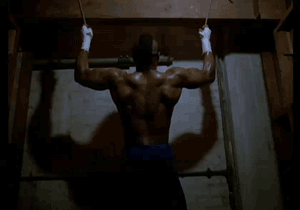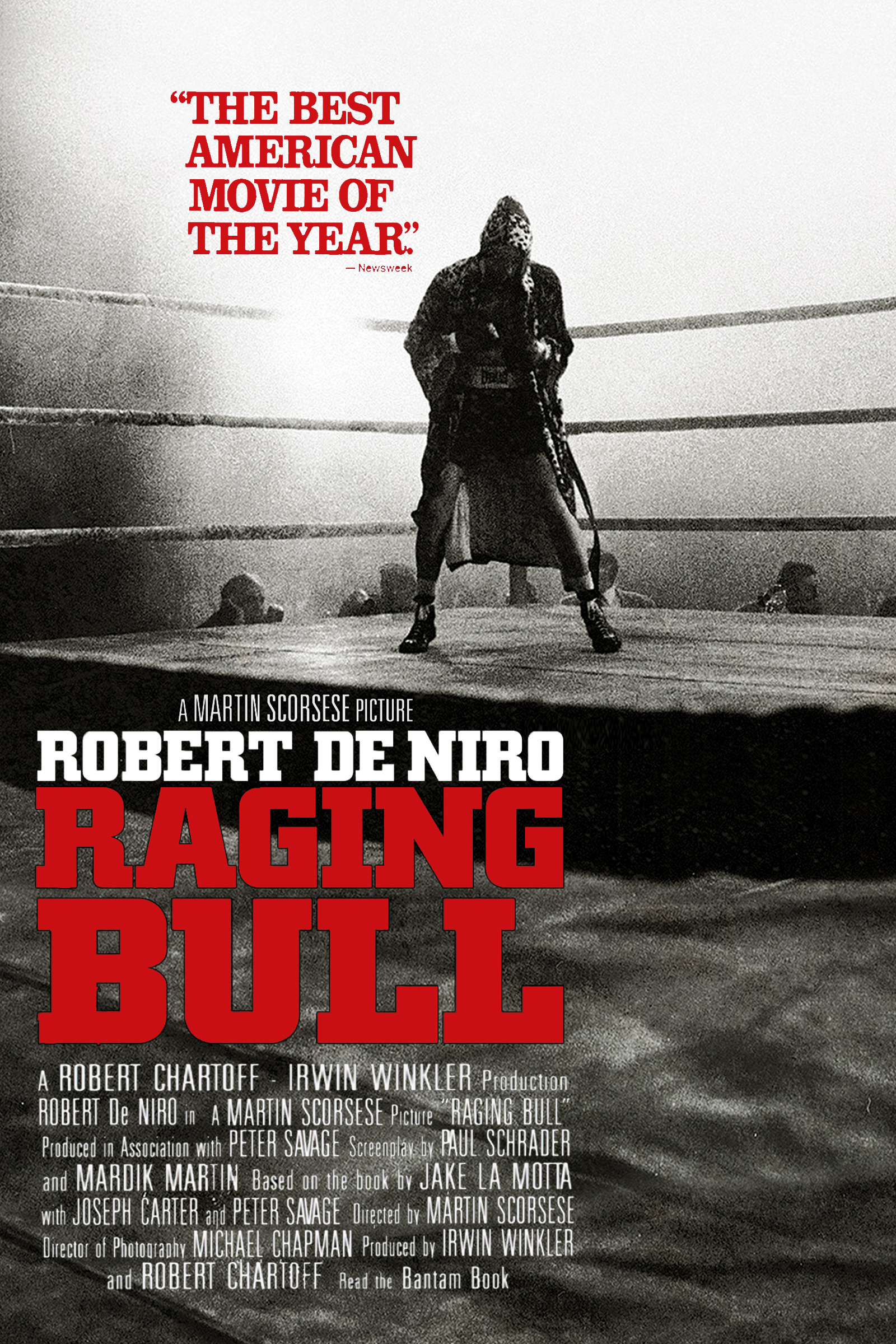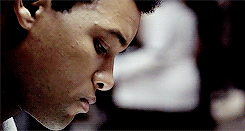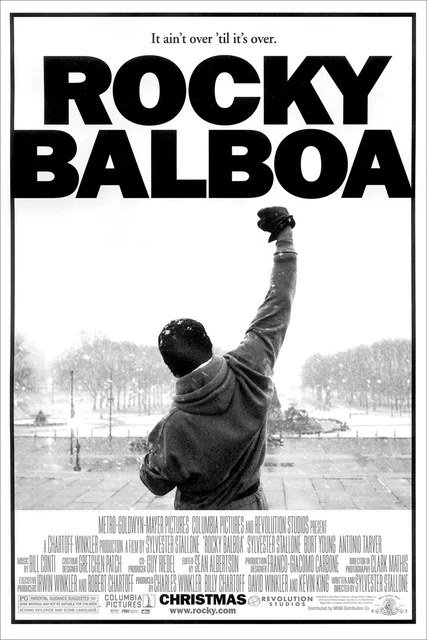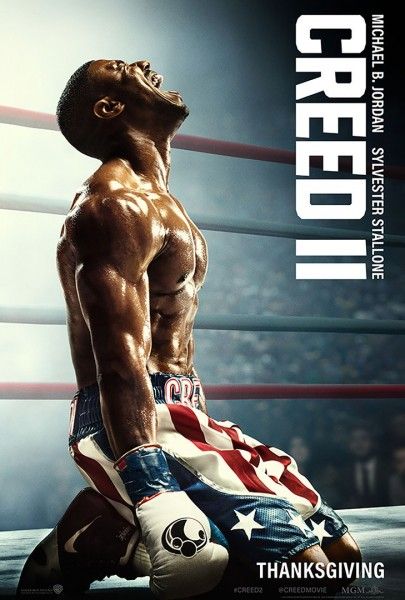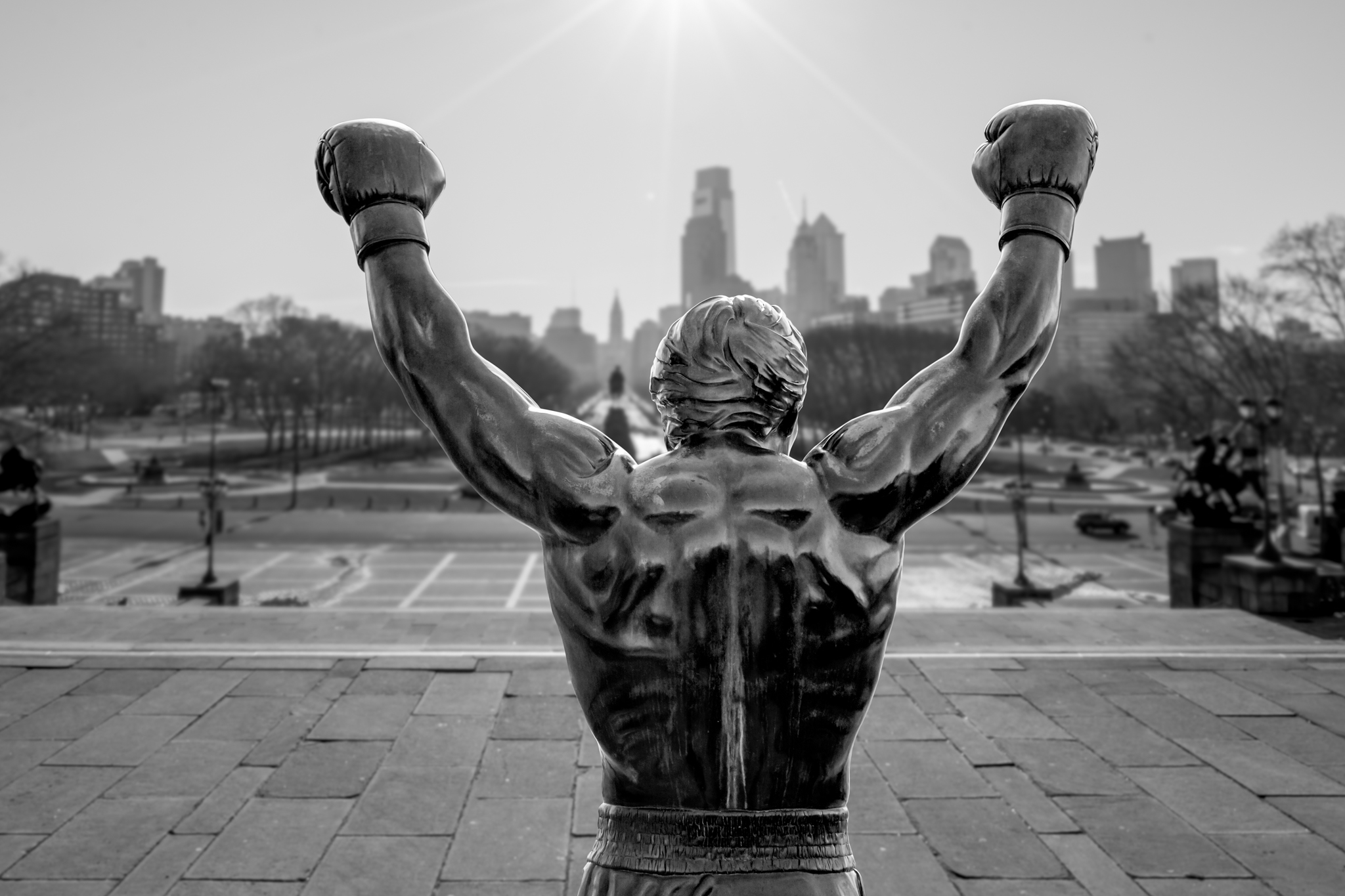by John Zenoni
If you want to watch a disturbing documentary, look no further than ‘Downfall: The Case Against Boeing.’ It's disturbing in that this major company allowed pure greed to dictate how safe their planes should be and what they were willing (or not) to do in order to keep the public safe. In order to turn the company around - after a merger with McDonnell Douglas that appeared to actually hurt Boeing from a profit perspective, as they lost ground in terms of production and sale of commercial jets - Boeing was told to modernize their well-known 737 (established as the 738 MAX) by making it more fuel efficient. After doing so, two crashes took place - in 2018 and 2019 - claiming 346 deaths. After being scrutinized by the US Senate and other investigative organizations, it was determined that Boeing didn't want to spend money training pilots on the new feature put on the jets due to the costs that would have been involved.
The most despicable thing though is that the executives never - at least not that I am aware of - reached out to families of the victims of two commercial airline crashes that happened within less than a year of each other to offer their condolences. They stated it via newscasts and articles but never did they make direct contact with those left behind.
I always try to keep my mind open when watching documentaries as you never know if all sides or opinions are being expressed, but in this case, the bottom line is a change should have been made in company protocol in order to make sure pilots knew what to do when flying the revamped jets and hazardous situations occurred.

